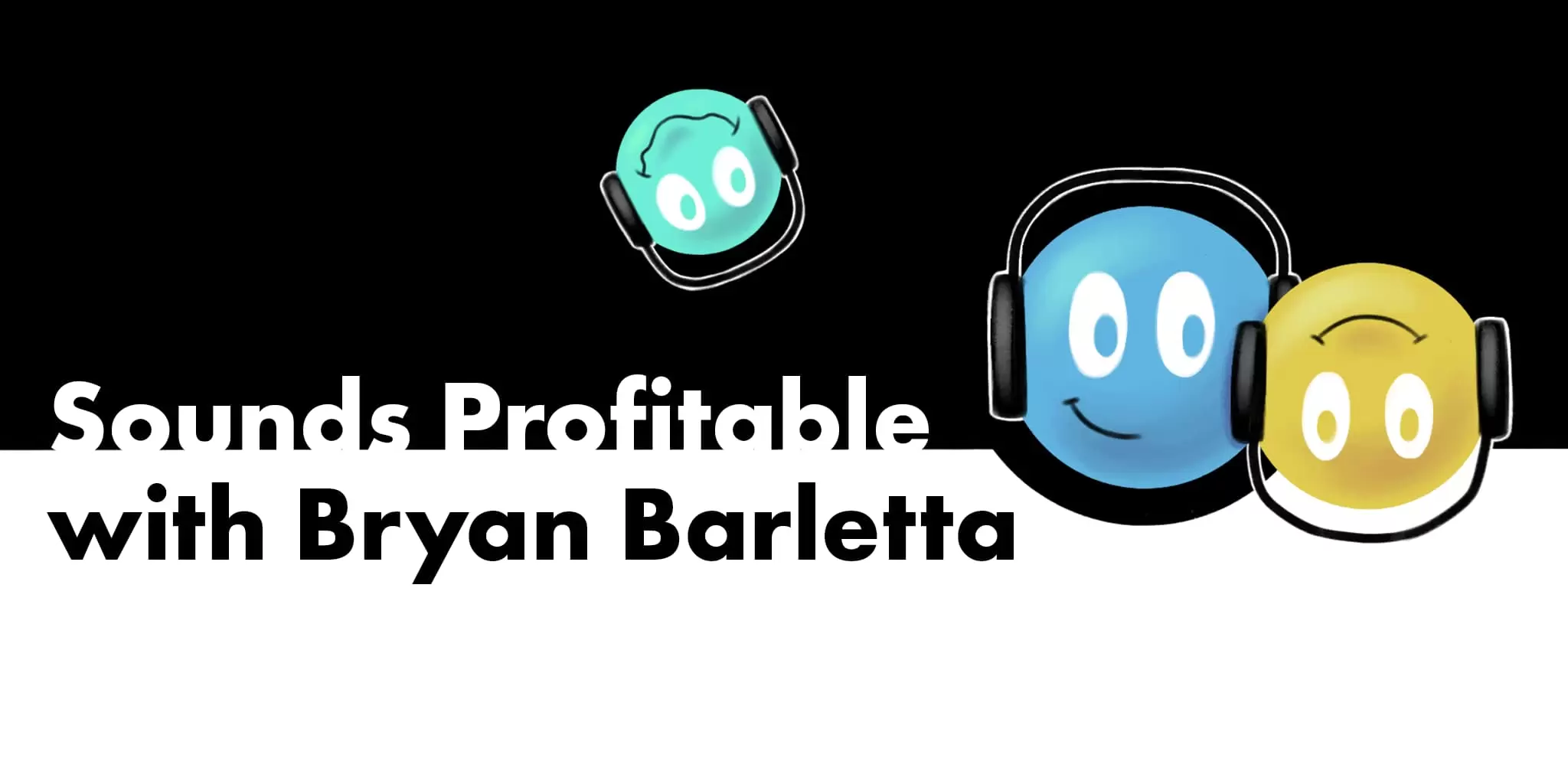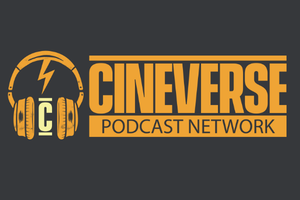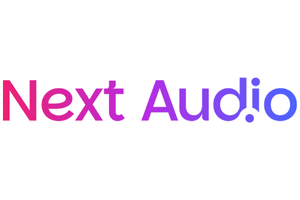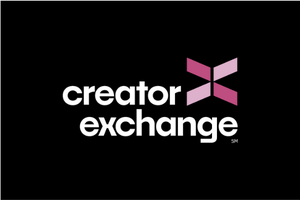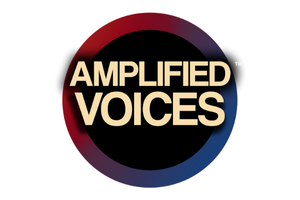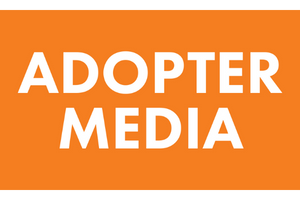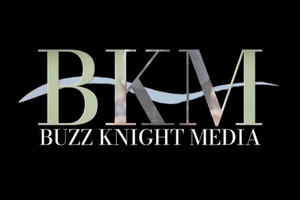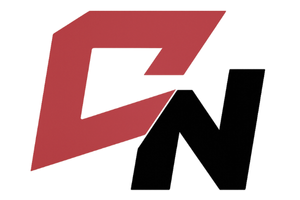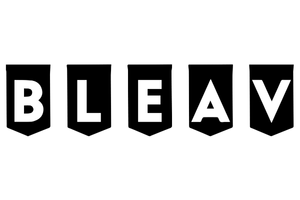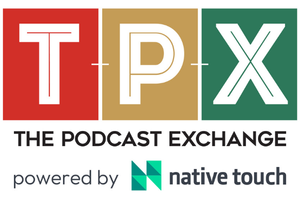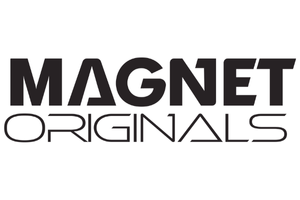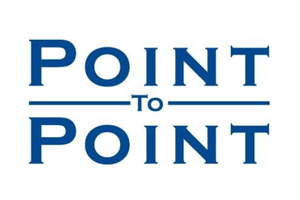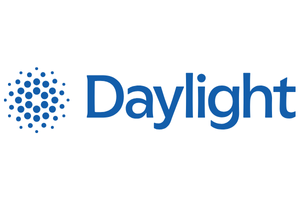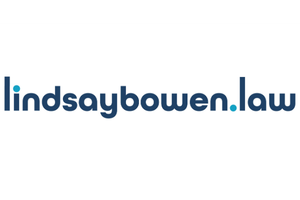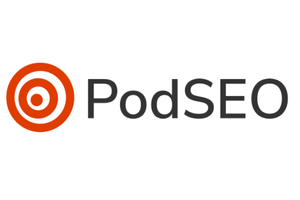Claire Fanning VP, Ad Innovation at SXM Media joins Arielle and I to talk all about programmatic advertising. Catch it early on our free Supercast feed along with narrated versions of our articles, or find it wherever you get your podcasts.
Starting tomorrow, Sounds Profitable will be available every week in Spanish. Not just the written newsletter (which you can sign up for the Spanish language version of here) but also the narrated version of the podcast.
And the narrator of that podcast will be me, Bryan Barletta. Or I guess Synthetic Bryan Barletta, because I absolutely failed Spanish multiple times. I was so bad at Spanish that my brother, a grade younger, eventually caught up with me, still trying to pass. Why did they put us in the same exact class? But let me stop talking about my personal language education and start talking about reaching a whole new audience.
For context, podcast advertising is so wildly US and English language focused that we’ve previously bemoaned just barely hitting $1 billion in US ad spend, while sweeping under the rug that nearly $500 million more that was generated if we look at podcasting globally. That trend fully enforces that anyone that wants to grow their business in podcast advertising needs to speak English.
Last week, Gabriel Soto of Edison Research reinforced just how important it is for podcasting to take the Latino segment and Spanish language content seriously. This week, Veritone MARVEL․ai is going to help me translate all of Sounds Profitable into Spanish text and audio to reach that audience directly.
So let’s dive into the specifics.
Translating vs Localizing Text
The first thing I want to clarify is that Sounds Profitable is being translated, not localized.
MARVEL․ai is providing a managed service solution that first runs my content through their translation engines. After that, the transcript is reviewed by a bi-lingual person to give it a human thumbs-up. They’re focused on catching obscure word choices and making sure the flow is correct. But it’s still my words being processed and my direct concepts I’m trying to get across translated into another language.
For Sounds Profitable, with such a strong focus on showing off interesting technology that I think all of you should explore, translation absolutely fits my needs. But it may not fit the needs of your show or your audience. If you want your content to actually sound like it came from someone in a different culture with a different language, translation alone won’t cut it, and you’ll need your content to be localized. A great example of a podcast production company prioritizing localization over translation is Adonde Media, with their fresh slate of multilingual content, which is a path I expect many publishers in our industry to take.
It’s important to point out that there are many free translation tools out there that fall short of what a professional translation tool can offer, before even accounting for the human oversight MARVEL.ai is providing. An easy example provided by Gabriel Soto was how Google Translate would take “There is his black microphone and her gold microphone” and translate it to “Allí está su micrófono negro y su micrófono dorado”, where su can me “you”, “his”, or “her”. While definitely a more surface-level example of the differences, it hopefully makes a point on the quality of service provided.
So that covers the text for the website and the newsletter (which you can sign up for here) (and please forgive the early Google Translate text you see here – we’ll tidy that up). But how do we get painfully American-English speaking Bryan Barletta to speak Spanish?
Creating the Synthetic Voice
The process with MARVEL․.ai was almost effortless. After legally providing them permission to, MARVEL․ai asked for high-quality recorded content that would get them three hours of me speaking. They were able to target my voice and extract it, without reading any scripts or having my editor Ian Powell provide unique audio files where only I was speaking. Already this removes substantial barriers of recording new audio of reading scripts or having an editor pull out only the speaker to provide a more pure input.
In two days, my text-to-speech voice was created, allowing any audio editor the ability to easily change the breaks/pause, rate, pitch, and volume of how my synthetic voice read the script within the MARVEL․ai tool. Two weeks later, a speech-to-speech mapping was finalized allowing my voice to either be a source for another voice to be mapped on top of (Bryan speaking, but sounding like Evo) or to be the target voice (Evo speaking, but sounding like Bryan).
Did I mention we also mapped the voices of Evo Terra of Podcast Pontifications and James Cridland of Podnews? You’ll want to check out our free premium podcast feed this week to hear how we use their voices.
And the end result is that all three of our voices are now completely modeled for text-to-speech and speech-to-speech for us to choose how they’re used. We retain all of our rights and all uniquely have access to our own voice, along with the ability to grant others permission to use them if we like. Within minutes, whatever text we enter is pumped back out as our voice saying those words, for us to edit and improve on. And even the speech-to-speech mapping is quicker than expected.
A Method For Growth
For Sounds Profitable, we’re directly focused on the translation of text and the text-to-speech solution for the narrated articles podcast. The MARVEL․ai team are providing a fully managed approach to really show off this product, which is completely aligned with my views on adtech: it’s not there to replace people or jobs, but rather as a tool to enable individuals to gain a specific skill and do more with it.
Ultimately, if enough interest is generated in the Spanish language version of the newsletter and the podcast, I would be foolish not to expand into localization instead of only translation, finding a peer who speaks Spanish, and collaborating with them to create unique content for Sounds Profitable. Not just the same content in Spanish, but speaking with professionals in the space who I’m personally unable to speak with due to language barrier. Or perhaps there is someone already accomplishing Sounds Profitable style content, in Spanish, and by understanding this technology better they choose to translate their content into English themselves, giving all of you even more great podcast adtech content.
But to me, the future of this technology fully sits within the speech-to-speech solution. Instead of playing the text-to-speech editor like a pipe organ, a source voice like that of a celebrity or a podcast personality that’s too busy to read every ad can be mapped to a target voice like that of a skilled voice actor who can perfectly imitate them. The only requirements there, besides both voices being mapped and providing legal approval, is for both voices to be speaking the same language and to have the same accent. Now, that personality or their team can approve the scripts they’re sent and have another member of their team create the ad or even audio content, without them having to step into the studio at all.
Wrapping It Up
On the English version of the Sounds Profitable free premium feed this week, you’ll be able to hear three versions of this article, all narrated by me, but two of those episodes will have Evo and James’ voice mapped to mine. Evo and I have American accents, but James notably does not, showing the importance of the voice actors skill with this type of technology.
The use of professional synthetic voice services varies drastically from the deepfake solutions out there, but ultimately the negative association of one can impact the other. And with higher quality solutions, making sure that those natively speaking other languages can as easily access these tools to bring their content to an English audience is just as important. Both of those topics were brought up by the MARVEL․ai team within the first 15 minutes of us speaking about this idea, and was a big reason why I wanted to pursue this project with them.
And that’s smart, because their goal is for this technology to become a major part of content creation and IP ownership. By making sure that everything is handled ethically and legally, they’re setting the bar and creating a well-needed divide between the ability for an individual to work with just their own synthetic voice, and the bigger picture of a publisher or advertiser licensing a voice for use, or an artist selling rights to their own voice.
Every article of the Sounds Profitable Español newsletter will have a translation disclosure at the top, and every episode of the Sounds Profitable narrated articles podcast will kick off with synthetic Bryan giving the same disclosure. Transparency is critical for this style of technology to work, because some people just won’t find it appealing and need that information to make the decision themselves. But it’s my job to try out these technologies and encourage all of you to use them in far more exciting and creative ways.
MARVEL.ai offers this service in over 60 languages, and we’re very open to expanding Sounds Profitable into additional languages past Spanish if the interest is there, so definitely hit reply and let us know.
Thanks to Lauren Cowles, Director of Program Management at Veritone MARVEL․ai for making all of this possible.
New Sponsors
Sounds Profitable continues to grow thanks to the support of our amazing sponsors. Each sponsor receives one hour of consulting per month as a way to say thanks.
- Veritone is an enterprise artificial intelligence (AI) solution, serving organizations in both commercial and regulated sectors.
- The Sound Off Podcast Network, building audiences for entrepreneurs, businesses and performers since 2016.
Want to learn more about sponsorship? Hit reply!
Rel’s Recs

This week, Arielle Nissenblatt of Earbuds Podcast Collective recommends How To Do The Pot, from Ellen Lee Scanlon, hosted with Anchor.
How To Do The Pot is an accessible, informative education “pot”cast from expert Ellen Lee Scanlon. It’s marketed towards women and gives actionable insights into how women can grow at home, benefit from the pain relief properties of the plant, and even run a business. I recommend starting with the 1st Time Buying series, in which listeners send in short stories detailing their first in-store experiences.
Market Insights – with ThoughtLeaders
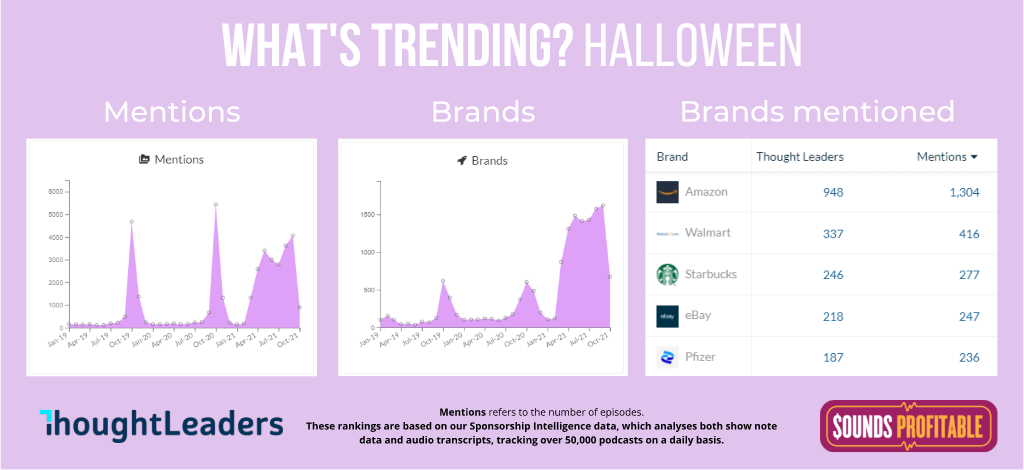
Noam Yadin, Content and Social Media Manager at ThoughtLeaders joins me this week to share insight into current trends:
As the graph clearly shows, brand mentions in content related to ‘Halloween’ has already surpassed previous years. According to Consumer Goods, “consumers and retailers would like to extend seasons…people are decorating earlier and celebrating throughout the month of October for Halloween”. They also revealed that when Home Depot gave consumers a sneak peek and released their Halloween merchandise early, “they sold out their pre-release Halloween products almost immediately”.

